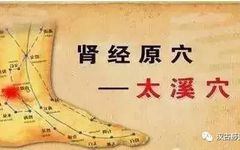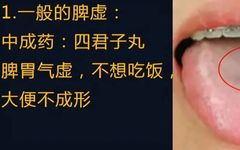Comprehensive Guide to Facial Diagnosis in Traditional Chinese Medicine (With Images and Explanations)
Wang, wen, qie, wen (望闻切问) is the method of diagnosis in Traditional Chinese Medicine (TCM). Color diagnosis (色诊) is a part of visual diagnosis (望诊). Observing the complexion and color is not only for doctors; we can also use it for self-examination. In Chinese culture, red and yellow are the primary colors. Each person has … Read more










